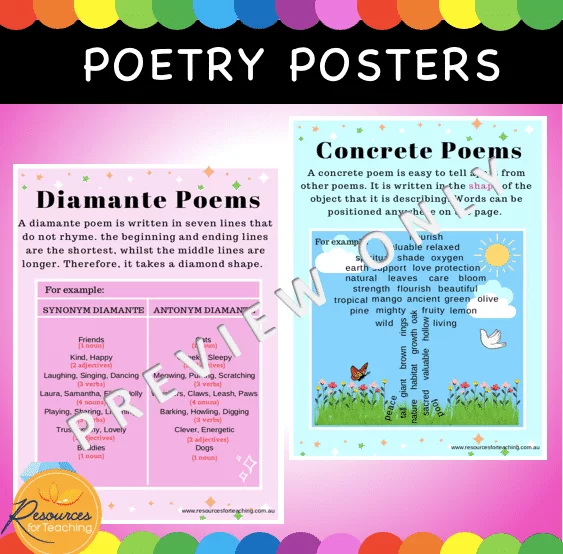Introduction:
Urdu poetry is renowned for its depth, eloquence, and ability to encapsulate profound emotions in just a few lines. Its beauty lies in the interplay of words, rich symbolism, and the exploration of the human experience. In this article, we delve into the essence of Urdu poetry and its enduring impact on literature and culture. As we navigate through the labyrinth of emotions and metaphors, we unravel the eternal echoes that resonate within the verses of Urdu poetry.
Body:
- The Historical Tapestry: Urdu poetry traces its roots back to the 13th century when it emerged in the cultural landscape of the Indian subcontinent. Influenced by Persian and Arabic traditions, Urdu poetry flourished under the patronage of various empires, including the Mughals. Mirza Ghalib, considered one of the greatest Urdu poets, left an indelible mark with his poignant verses that continue to stir hearts even today.
II. The Language Of Love And Longing:
Urdu poetry is renowned for its portrayal of love, longing, and the complexities of human relationships. From the ethereal verses of Faiz Ahmed Faiz to the mystical poetry of Bulleh Shah, Urdu poets have explored the multifaceted nature of love, transcending societal norms and conventions. Their words have resonated across generations, transcending time and geographical boundaries.
III. The Power Of Symbolism:
2 lines urdu poetry weaves intricate webs of symbolism, often drawing inspiration from nature, seasons, and the nuances of everyday life. The use of metaphors and allegories adds layers of meaning, allowing readers to delve deep into the poet’s thoughts and emotions. The poetry of Allama Iqbal, for instance, reflects a profound philosophical underpinning, inviting readers to contemplate the human condition and strive for self-realization.
- Urdu Poetry and Sufism: Sufism, the mystical dimension of Islam, has greatly influenced Urdu poetry. Sufi poets such as Rumi, Hafez, and Amir Khusrau have left an indelible mark on Urdu literature, infusing it with spirituality and a quest for divine love. The concept of “Ishq” (divine love) is often explored in Urdu poetry, conveying a sense of transcendence and union with the divine.
V. Modern Urdu Poetry:
While Urdu poetry has deep roots in the past, it continues to evolve and adapt to contemporary sensibilities. Modern Urdu poets like Faiz Ahmed Faiz, Ahmad Faraz, and Javed Akhtar have carried the torch of Urdu poetry, addressing socio-political issues, advocating for justice, and articulating the aspirations of the common people. Their verses echo the voice of resistance, hope, and social transformation.
Conclusion:
Urdu poetry, with its lyrical beauty and profound expressions, transcends time and connects individuals from different cultures and backgrounds. Its power lies in its ability to touch the depths of human emotions, providing solace, inspiration, and a mirror to reflect upon our own experiences. Urdu poetry remains an eternal treasure, enriching the literary landscape and leaving an indelible mark on the hearts and minds of its readers.
FAQs:
- Is Urdu poetry only about love and romance? Urdu poetry certainly has a strong association with themes of love and romance. However, it encompasses a wide range of subjects, including spirituality, social issues, politics, nature, and the human condition. While love remains a prominent theme, Urdu poets have explored various facets of life, making the genre diverse and inclusive.
- Can non-Urdu speakers appreciate and understand Urdu poetry? While Urdu poetry is primarily written in the Urdu language, its beauty can still be appreciated by non-Urdu speakers. Many translations and interpretations are available in different languages, allowing a broader audience to delve into the mesmerizing world of Urdu poetry. Additionally, the emotions and universal themes conveyed through Urdu poetry often transcend language barriers, resonating with readers on a deeper level.
In conclusion, Urdu poetry is a timeless art form that weaves together the threads of emotions, symbolism, and cultural nuances. Its verses carry the weight of history and the depths of human experiences, leaving an indelible impact on literature and the souls of its readers. Urdu poetry, with its unique language and lyrical beauty, will continue to enchant and inspire generations to come.
